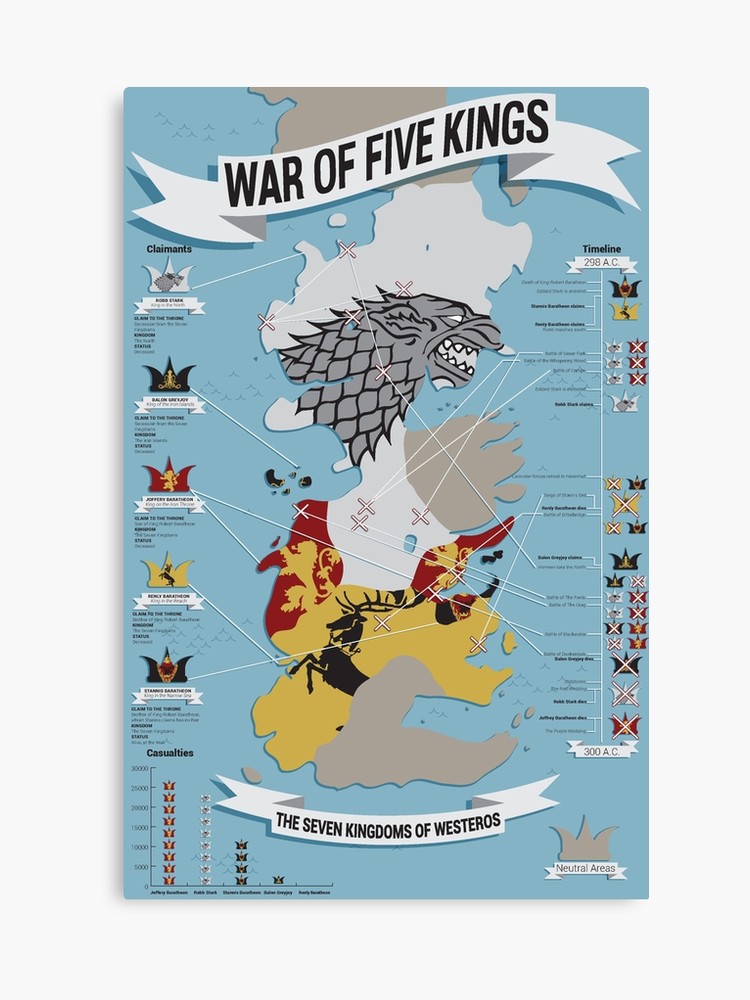


An analysis of the combatants will reveal why: On the one side were the kings Amraphel of Shinar, Arioch of Ellasar, Kedarlaomer of Elam, and Tidal of Goyim on the other side were Bera of Sodom, Birsha of Gomorrah, Shinab of Admah, and Shemeber of Zeboim, and the king of Belah, which is Zoar. When we consider the battle itself we realize that until this point Avram had no reason to get involved. Nonetheless, the great detail in which this episode is recounted seems to indicate a more central message. Yet when his nephew is captured Avram gets involved: Chesed for the victim requires the use of force against the perpetrators. We may otherwise have thought that kindness and war are mutually exclusive. Over the years there were unquestionably countless experiences, many of them far more interesting and enlightening, which made up Avram's life and times why was this section recorded, and not those others? Perhaps it is because Avram represents the trait of chesed (kindness) in Jewish tradition, and might be seen as a pacifist. Though this is undoubtedly an important episode in Avram's life we are nonetheless unclear as to the lessons to be derived from this story. Consequently, Avram enters the fray and ostensibly this is the reason the episode is recorded. The victors then march away with their spoils of war, including one particular captive: Lot the nephew of Avram. The battle rages for years, 1 with at first one side gaining the upper hand and then later the other side achieving victory. A war breaks out between two coalitions: five kings against a group of four kings. In the middle of the parsha there is a section that deals with a regional conflict, which seems to have no direct effect on Avraham. God continues to speak throughout the parsha, which covers Avram's life from his seventy-fifth year until his ninety-ninth year, and includes Avram's change of name to Avraham. This week's parsha begins with God's word. Rabbinic tradition fills in some gaps and tells us of his trials and tribulations, his search for God and his revelation. His father is Terach, he is a descendant of Shem, and apparently he hails from Ur Kasdim (though he sets out on his journey from Charan see Ramban 11:28).We also know that when he takes leave he does so with an entourage of dedicated followers. We are told very little about Avram other than his lineage. Adam, and even Noah, represent a prelude to the main story. For readers who are familiar with the rest of the "story" this is undoubtedly one of the most significant sections of the Torah, for it marks a new beginning: here is the beginning of the Jewish People. He is told to leave his home, to leave his family, and to go to the land God will show him. In this week's portion a new character takes center-stage.


 0 kommentar(er)
0 kommentar(er)
